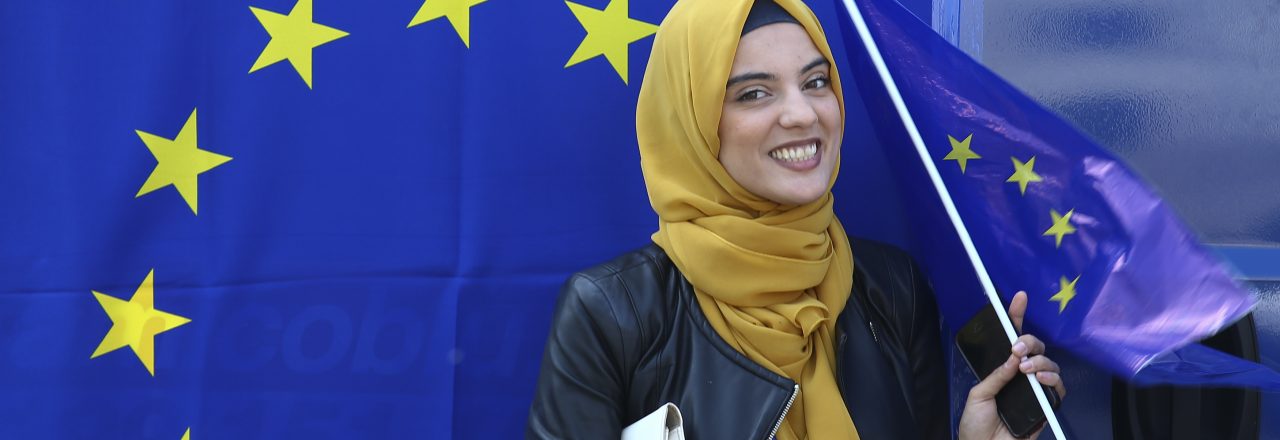

Abstract
Although discussed for decades, the issue of cultural and religious values has been again brought into the political spotlight since the end of the 20th century. Today, a number of key political and state actors, including the European Union (EU), clearly consider dialogue and engagement with religious institutions and organisations vital resources for achieving stability, security and peace. The establishment of mechanisms and guidelines for dealing with religious organisations has thus been brought into the daily agendas of both domestic and international politics.
In this framework, one cannot deny the impact that specific events have produced on EU public opinion and policy-makers pushing towards such understanding. The acknowledgment of the potential of dialogue and engagement has gone hand in hand with growing concerns towards manipulation and politicisation of values and identities in the cultural, ethnolinguistic or religious dimensions.
The present policy brief aims to analyse EU dialogue and engagement with Islam in the Mediterranean contexts after the Arab uprisings. The aim is to reconsider how the EU has developed its approach to the Mediterranean and Islam in terms of intercultural and interreligious dialogue and engagement, shedding light on the existing opportunities for and challenges to such efforts.
The Policy Brief was written in the framework of EuroMeSCo Working Package “Cooperation with Religious Institutions as a European Policy Tool”, coordinated by Patrycja Sasnal, Head of Middle East and North Africa Project at PISM – The Polish Institute of International Affairs.


